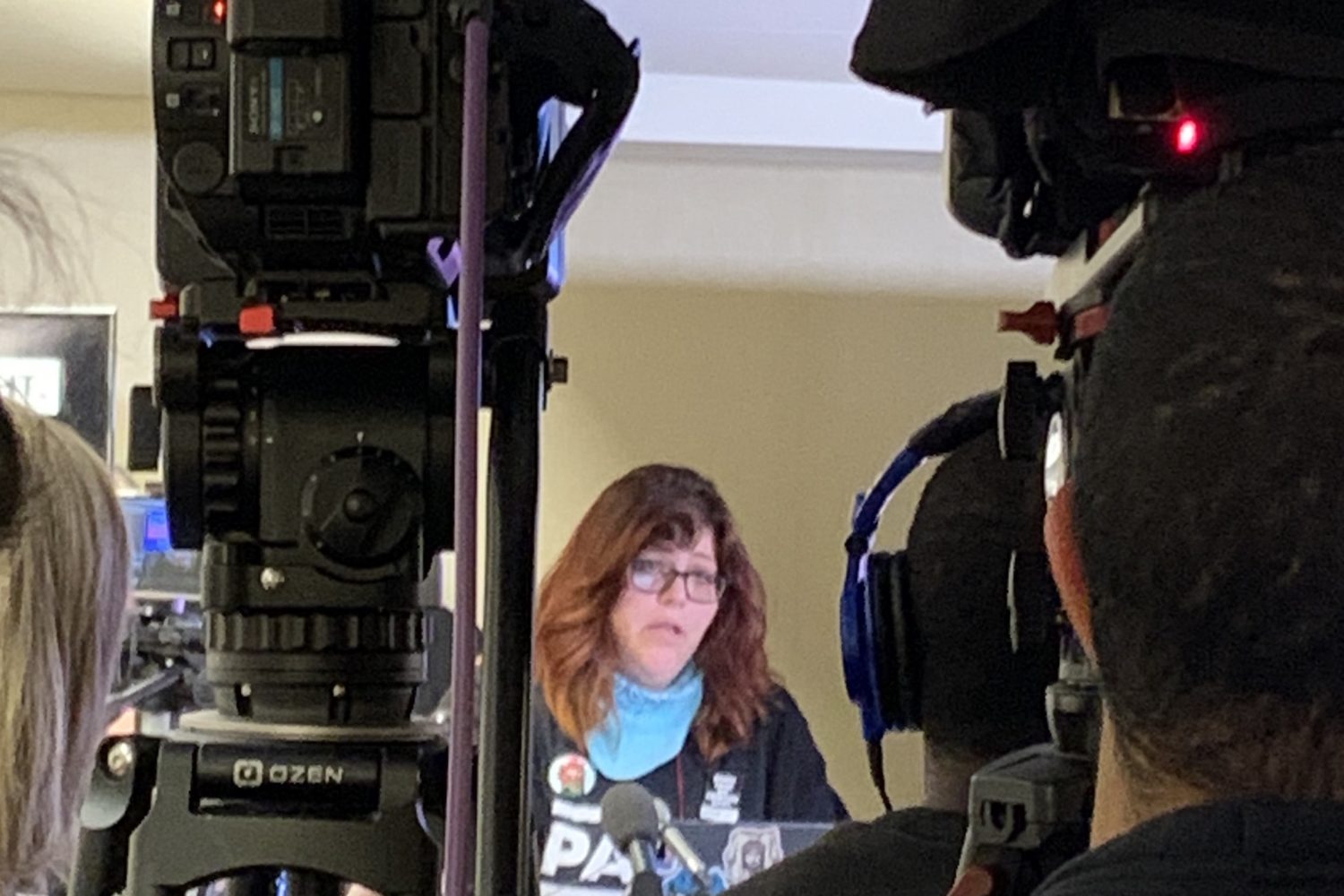Score one for the MSM.
Except in a few races, the outcome of last week’s midterm election was determined in large part by the Mainstream Media. Bloggers and Internet chatters posing as journalists were not in the game.
Look at the stories and issues that shaped the election and moved the American people to cast out Republicans and put Democrats in control of Congress and you will find major news organizations and experienced journalists behind every one.
Voters were turned off by corruption in the GOP. How did they know?
Begin with Jack Abramoff. The lobbyist’s assorted bribery schemes and influence peddling brought down lobbyists, bureaucrats, and congressmen, such as GOP leader Tom Delay. Who made Abramoff who he is today, serving time in federal prison? Washington Post investigative reporters Sue Schmidt, Jeffrey Smith, and James Grimaldi.
Did bloggers take down Duke Cunningham? Reporters at the San Diego Union-Tribune and Copley News Service uncovered the bribery deals that put the California congressman behind bars.
Voters were turned off by the Bush administration’s methods of interrogating terrorists. The Washington Post’s Dana Priest broke the story of the administration’s secret prisons.
Voters were uneasy about the government’s intrusion into private conversations by way secret wiretapping of calls in the name of combating terrorism. James Risen and Eric Lichtblau of the New York Times investigated the story and broke it in the newspaper — and in RISEN'S book.
The story of Congressman Mark Foley’s indecent advances to congressional pages did break on ABC’s web site, but it broke through the national consciousness on the evening news. Then other mainstream media outlets advanced it.
The war in Iraq was the story that really defined the election. Here the mainstream media—from newspapers to magazines to television—were doing the tough job of reporting the news: the relentless accounts of dead soldiers, bombed buildings, wasted millions. Reporting the news is the grunt work of the mainstream media, day in and day out. Blogs were not a factor in forming views on the war in Iraq.
One of the final and most damning impressions of the Bush administration’s mishandling of the Iraq war came from Bob Woodward, perhaps the most mainstream reporter around. His latest book, State of Denial: Bush at War, painted the President in the midst of warring bureaucrats who bungled the preparation for and conduct of the war.
Political bloggers converged on Connecticut to unseat Senator Joe Lieberman. They succeeded in helping beat him in the Democratic primary, but he prevailed in the general election and emerged stronger than before. The battle was waged in the mainstream media.
It’s fair to say the wave of bad news that brought down Virginia Senator George Allen started on the YouTube website. Allen’s “Macaca Moment,” when he disparaged an opposing campaign worker of Indian descent, was caught on video and shown across the globe on the YouTube site. Allen, the incumbent Republican, never recovered.
In time, journalists freelancing as bloggers on the Internet might have greater impact on American elections, but if last week’s voting is any indication, the political landscape is still being painted by the reporters working for major media outlets.














